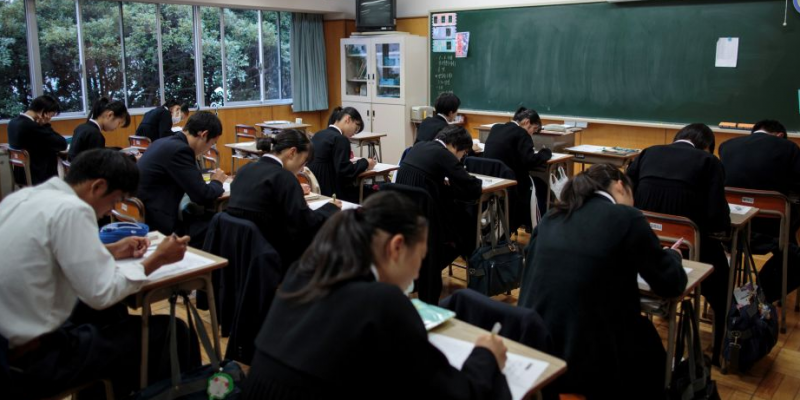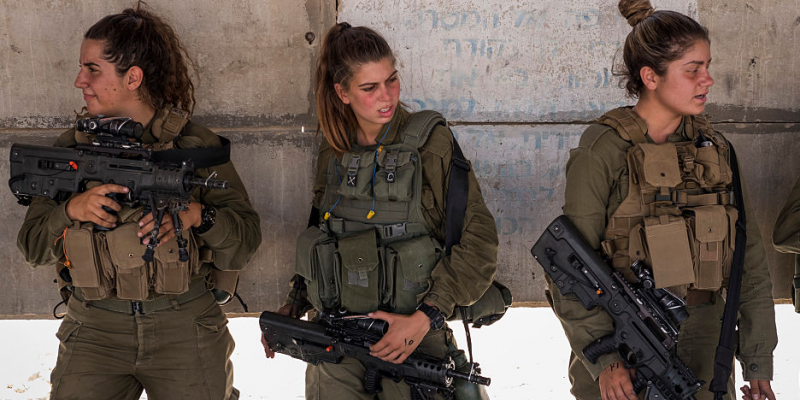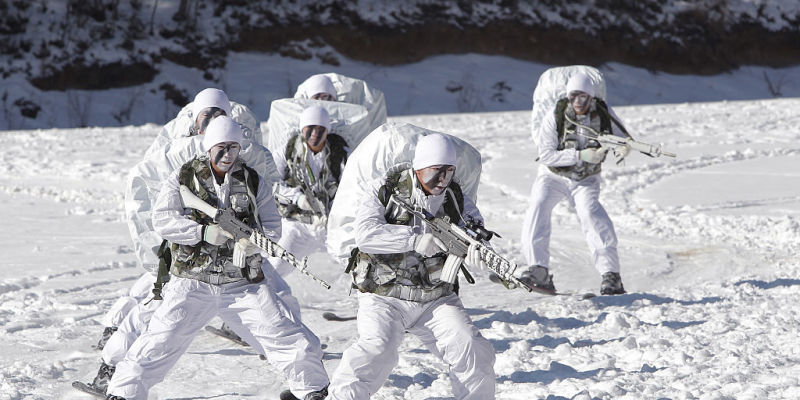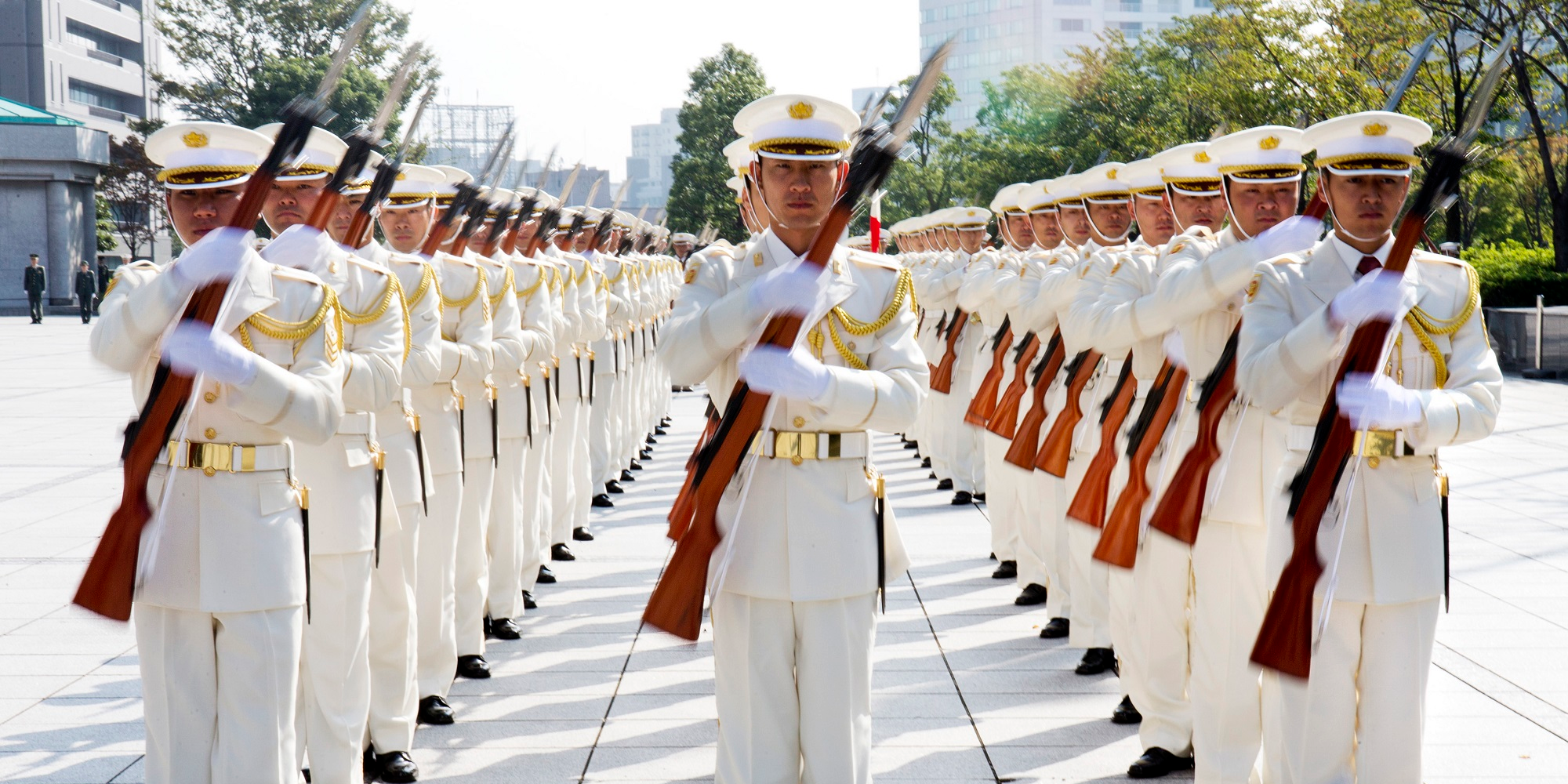- While mass shootings have increased in regularity in the US, other countries have found ways to prevent them.
- Places like South Korea, Israel, Australia, and Japan simply require people to meet a number of rigorous standards before they can gain access to firearms.
- In Australia’s case, its efforts mean there have been no catastrophic mass shootings by a single gunman since its worst-ever massacre in 1996.
In 1996, Australia saw its worst-ever shooting by a single gunman. In the Port Arthur massacre, 35 people were killed and a further 23 were injured.
The Prime Minister at the time, John Howard, had been in power for just six weeks but almost immediately began strengthening gun control.
Licensing was improved and a registration system established which required all potential gun owners to have a “genuine reason” for having a firearm – personal protection not being one of them. Automatic and some semi-automatic guns were banned.
A cooling off period was also introduced, ensuring anyone who wants a firearm must wait nearly a month between applying and buying a gun.
The following year, the Australian government spent $304 million to buy back, and destroy, 650,000 firearms.
In the years since, only one mass shooting - an instance of domestic violence which killed one adult and three children - has occurred in Australia.
While Australia's swift and broad gun-control laws are often lauded, it is not the only country that has figured out ways to essentially eliminate massacres.
Japanese gun fans have to regularly take written tests
 Foto: source BEHROUZ MEHRI/AFP/Getty Images
Foto: source BEHROUZ MEHRI/AFP/Getty Images
For potential gun owners in Japan, buying a firearm is not easy.
First, there is an all day class followed by a written test. Then there is a shooting-range test, which requires 95% accuracy to pass.
Next is a hospital-coordinated mental-health evaluation on top of a background check and interviews with loved ones.
If someone manages to pass each stage, they can then purchase an air rifle or shotgun. Handguns are not available.
Then, every three years, gun owners must attend another class and retake the written exam.
Israeli shooters must wait until their twenties

Israeli teens cannot purchase guns.
Those who have completed military training can apply for a gun at 21, while others must wait until they turn 27.
A gun license is only approved for those people whose jobs or neighborhoods are considered dangerous. Applicants also face background checks and need to supply a medical certificate from their doctor.
Just like in Japan, a license is not permanent. They must be renewed every three years.
Bullets are also limited, with ordinary citizens allocated 50 bullets per year.
South Korean guns aren't kept at home

South Korea has more than half a million registered guns, but they are not easy to obtain, nor are they readily accessible.
In South Korea, where many men learn to use firearms during military service, guns are just not easily available. People must first obtain a license from police and, even with a license, can only purchase air rifles or hunting guns.
When they are not in use, generally outside of hunting season, firearms must be kept at police stations.
The advertising of guns and ammunition is also banned.

